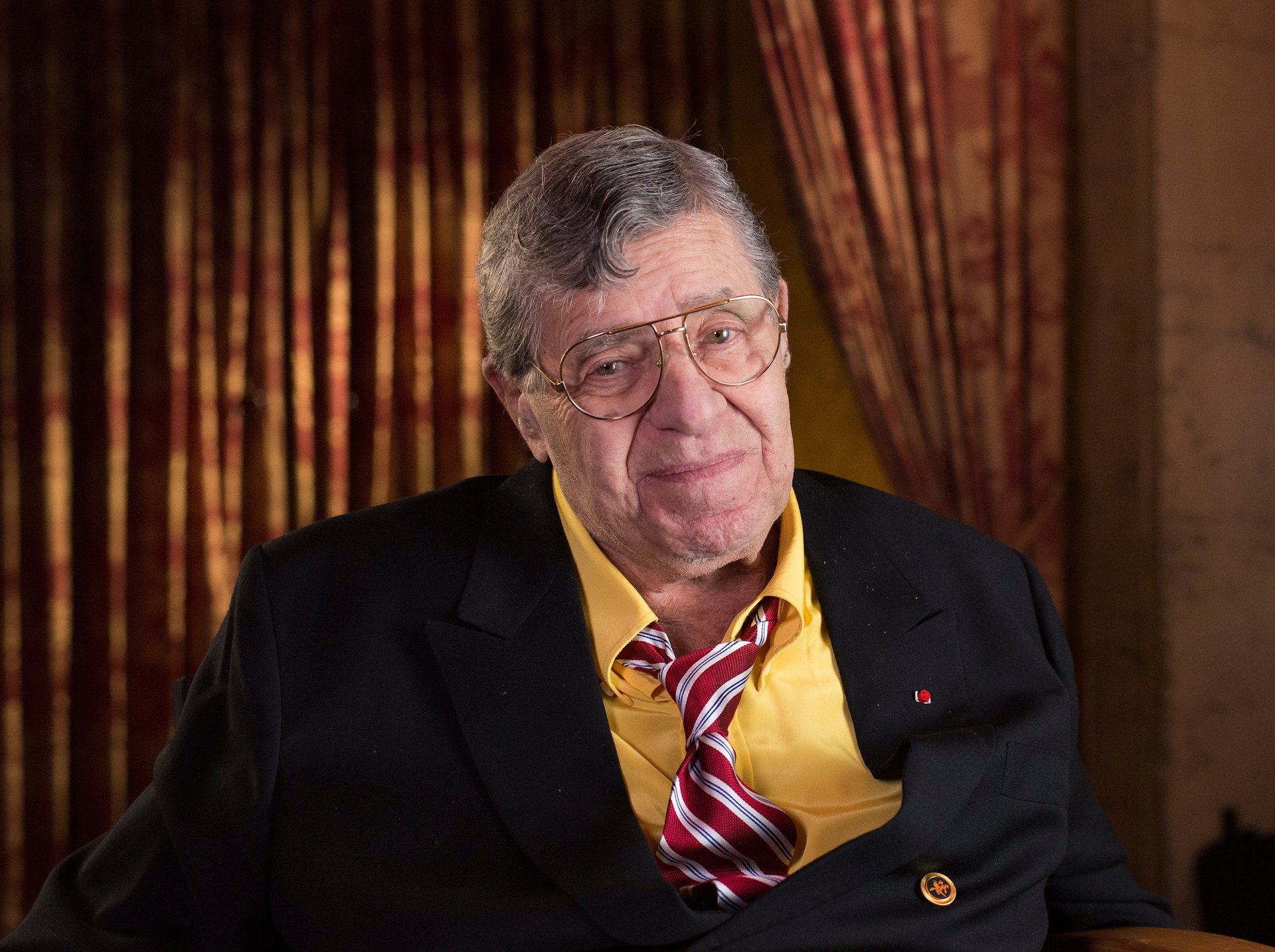Jerry Lewis has broken a 40-year silence about his “disaster” of a Holocaust movie
Comedian Jerry Lewis has spoken at length for the first time about his never-released 1972 movie, “The Day The Clown Cried,” in a German documentary. Financed with his own money, Lewis wrote, directed, and starred in the story of Helmut Doork, a clown who criticized the Nazis and ended up entertaining children in a concentration camp.


Comedian Jerry Lewis has spoken at length for the first time about his never-released 1972 movie, “The Day The Clown Cried,” in a German documentary. Financed with his own money, Lewis wrote, directed, and starred in the story of Helmut Doork, a clown who criticized the Nazis and ended up entertaining children in a concentration camp.
Shot mainly in Sweden, with Lewis playing the title role, the movie never saw the light of day—mainly because it was really bad, according to the few who saw it. One of its screenwriters, Joan O’Brien, dubbed it a “disaster.” Just how bad or harrowing it actually is has given it cult status over the years.
A documentary about the film (“Der Clown”) by filmmaker Eric Friedler was aired last week by German public broadcaster ARD (link in German). Friedler got permission to include never-before-seen footage and persuaded Lewis, now 89, to open up about how he was overwhelmed by the subject matter and naively underestimated the complexity of portraying it on the big screen.
“There’s not a day of my life when I don’t think about this movie,” Lewis says in the documentary.
In 1997, Italian director Roberto Benigni won Oscars for “Life is Beautiful,” about a father who uses humor to comfort his young son when they are imprisoned in a concentration camp. ”Benigni stole the idea from me, but he did it well,” Lewis adds.
This is not the first documentary about Lewis’s lost holocaust film—the BBC ran one last month and a Flemish documentary with behind-the-scenes footage surfaced online a few years ago. It is, however, the first time that Lewis himself is captured on camera talking about the movie he has completely refused to discuss for the past 44 years.
“I guarantee you I’ve got a bunch of people who’ll say, ‘You’re giving an interview about it on German television?’” Lewis says in the documentary. “Of course! Why not?”
ARD told Handelsblatt Global Edition that it may consider airing the documentary again in March, to coincide with Lewis’s 90th birthday. The world will eventually be able to see the actual film, but not until 2025—when Lewis has allowed the only full-length copy of the movie to be released from the Library of Congress.